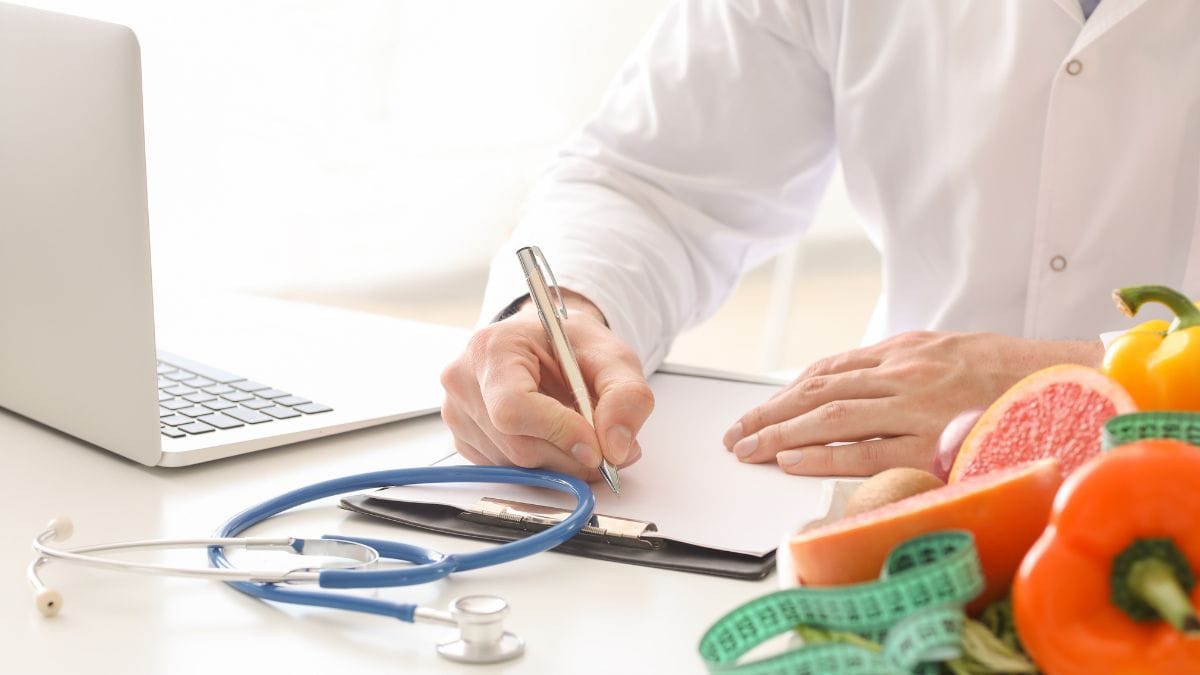Can We Eat Apple and Carrot Together? (Expert Answer)
Short Answer: It is generally safe to eat apples and carrots together or one after another. Apples and carrots both are healthy foods. Apples contain vitamin C and soluble fiber, while carrots have vitamin A, vitamin K, and beta-carotene. According to Ayurveda, combining foods with radically different energetics can overwhelm the digestive fire (agni) and cause indigestion, fermentation, gas, bloating, and the creation of toxins. However, there is no specific mention of apples and carrots being incompatible in Ayurvedic texts. But according to science, eating a variety of fruits and vegetables, including apples and carrots, is associated with a reduced risk of chronic diseases and may support longevity. There is no scientific evidence suggesting that consuming apples and carrots together is harmful. As a nutritionist, my advice is to try first. If after eating apples and carrots together you experience side effects, then stop combining them. And if you can tolerate them, then continue. However, you should be mindful of the quality and quantity of apples and carrots you consume. Because overconsumption of carrots can lead to carotenemia, which is a yellowish discoloration of the skin, and apples should be consumed in moderation to avoid excessive sugar intake. Whether you eat them together or not, you should always choose fresh, organic, and ripe fruits and vegetables. Because they are less likely to contain pesticides and will provide the best nutritional value. You can store them in a cool, dry place away from direct sunlight. Apples can be kept at room
